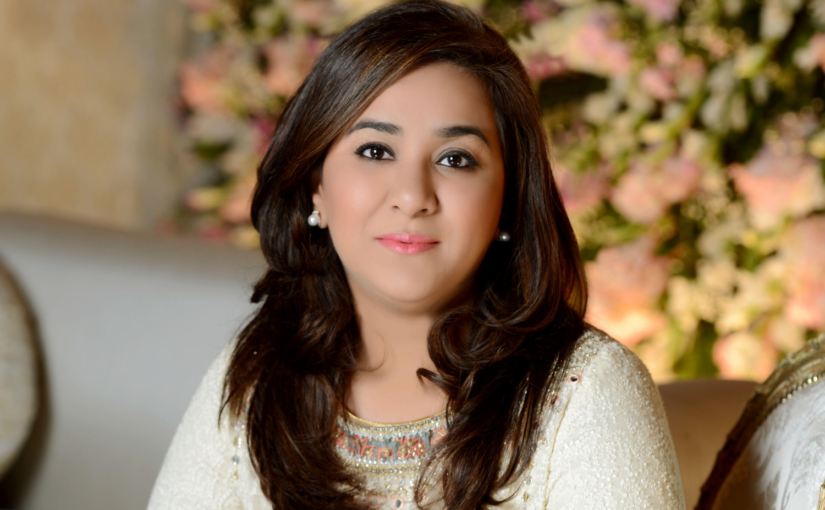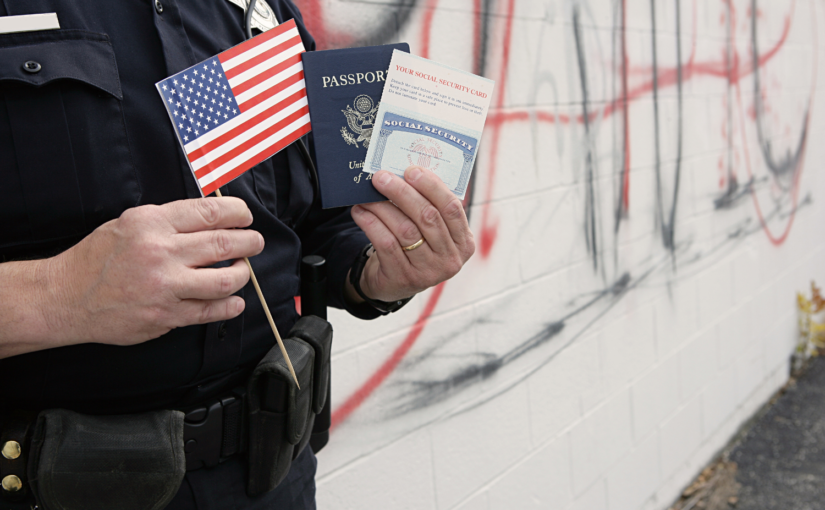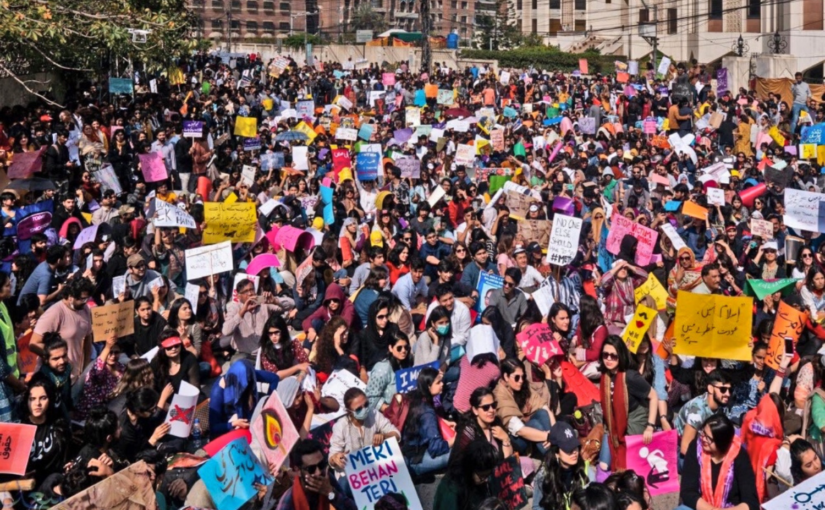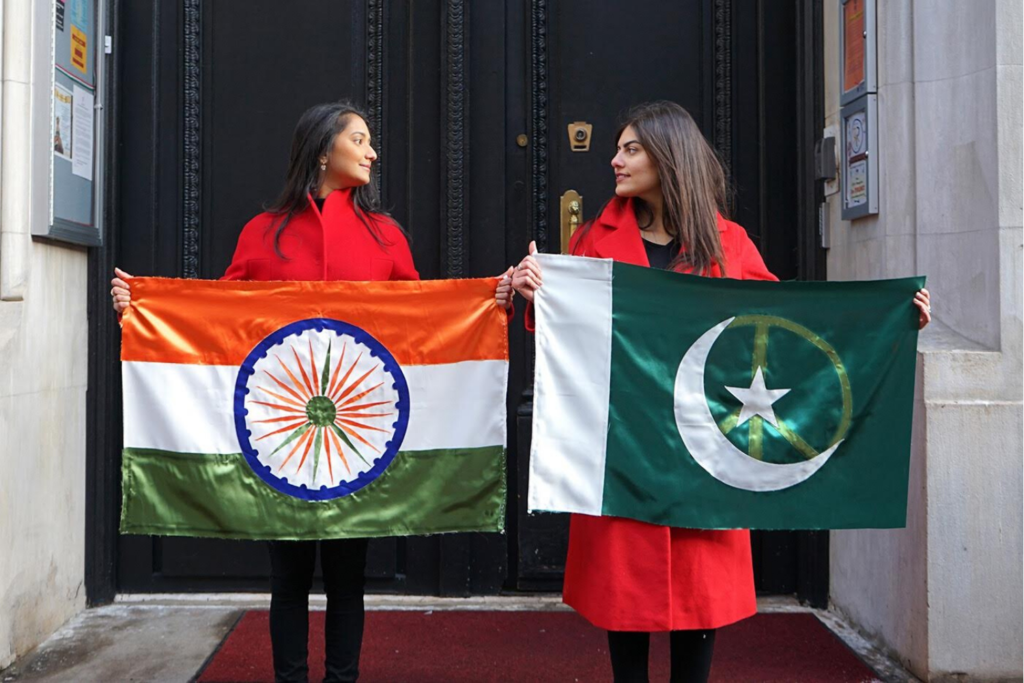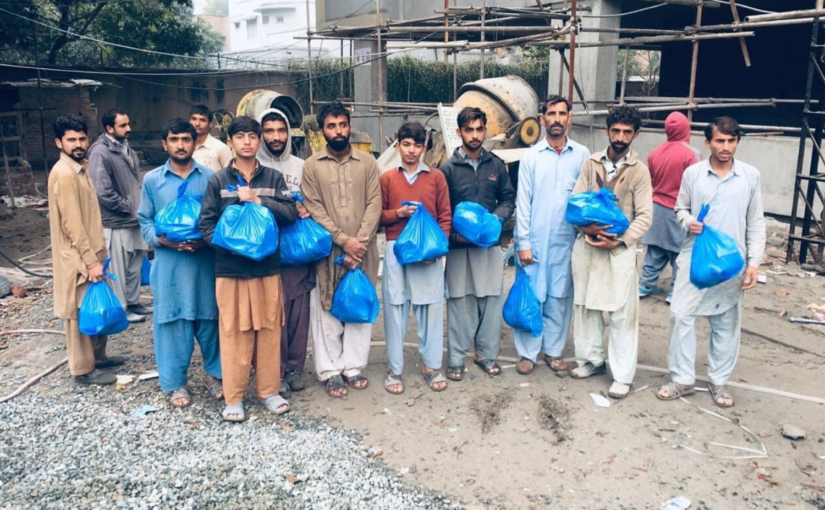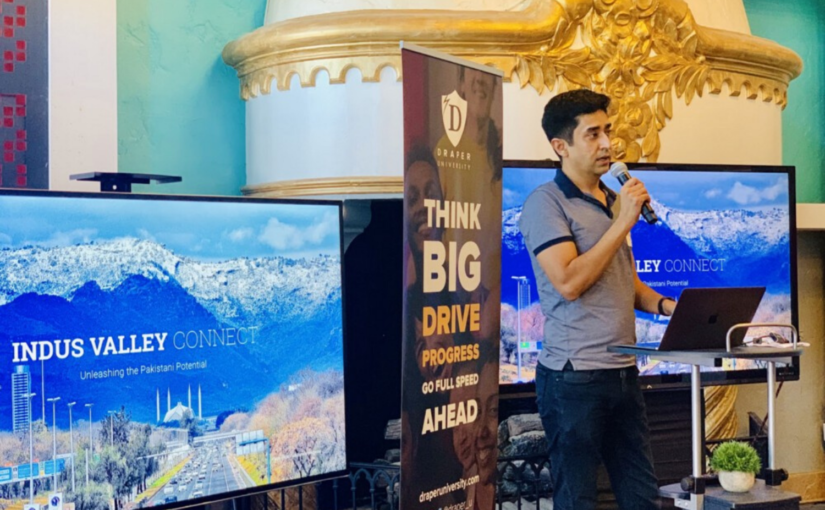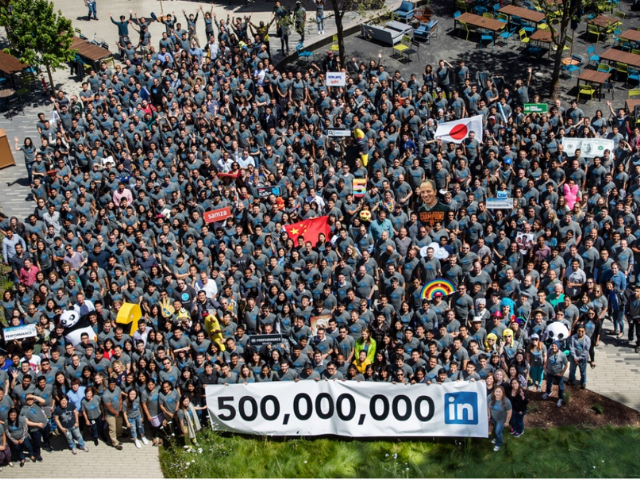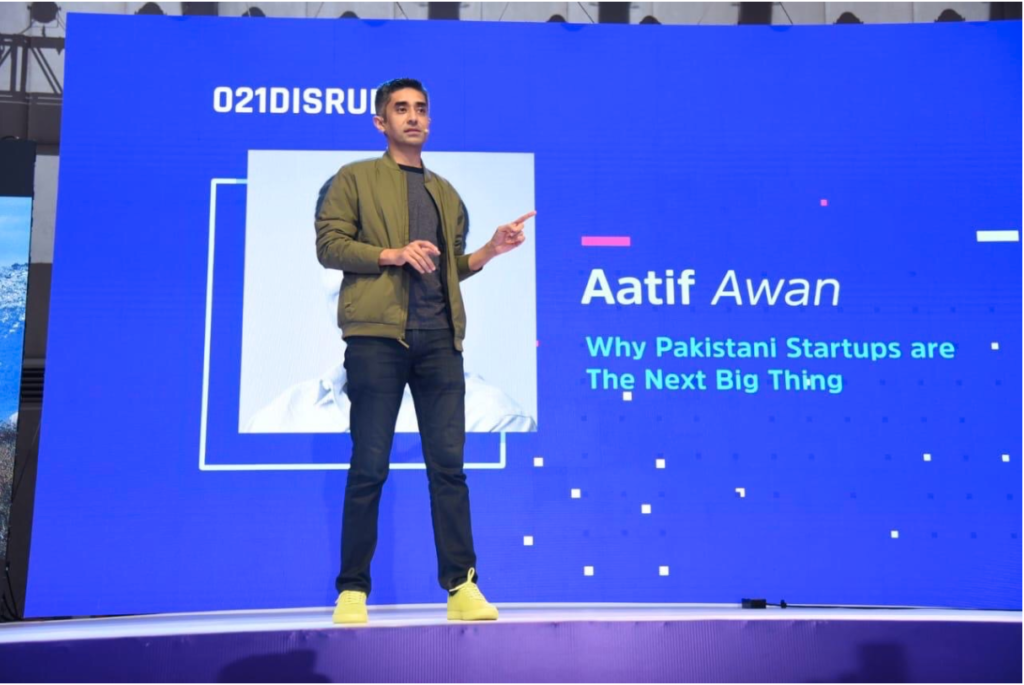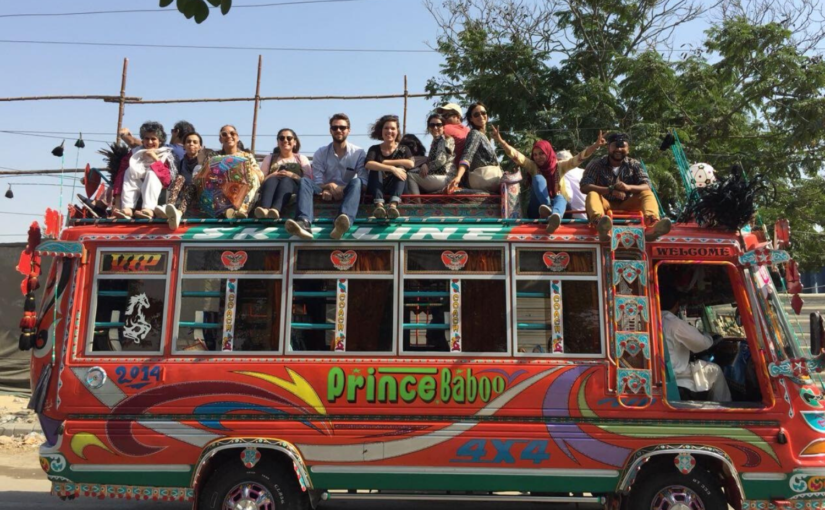By: Anam Khan
Over the past few years, event management/wedding planning businesses in Pakistan have sky-rocketed. People hire event managers to organize lavish blow-outs for birthdays and weddings.
However, with the coronavirus, all that seems to be at a standstill. Big halls that draw crowds are still closed, which means weddings have been put on hold as well. Big parties at home are also being discouraged, since that gives the highly contagious virus ample opportunity to spread.
We reached out to Mahira Munir, a successful event planner in Pakistan, to get her insights on what COVID-19 means for entrepreneurs who were driving lucrative and widely popular event planning businesses before the virus outbreak. Speaking about her own business, Munir said she has four weddings and one corporate event on hold. She’s waiting for clear instructions from the government regarding protocols and standard operating procedures (SOPs).
According to Munir, COVID-19 lockdowns have dramatically affected the event planning business. The biggest impact can be seen with vendors. Besides a small percentage of permanent employees, the event management industry largely depends on daily wagers. Flower growers, transporters, chefs, serving staff, and a variety of retailers also come together to assemble an event. Now that upcoming Spring events are canceled or postponed, several workers that provide event services don’t have jobs. These people rely on daily income and have little-to-no savings. They haven’t had any work for the past two months.
Implementing social distancing at weddings is hard since Pakistani weddings are very cramped and crowded. We are assuming there’s not much event managers can do to enforce social distancing. They can’t go up to every single guest and tell them to stay 6 ft away from each other. However, we asked Munir what precautions she would have control over as an event manager. She summed up some key safety measures:
- Encourage a fewer number of guests so there isn’t a packed congregation. This involves making use of large spaces per square foot.
- Make sure props, equipment, decorations and layouts are thoroughly sanitized.
- Suggest customized masks for guests so they are more likely to wear them at the event.
Munir thinks weddings are an inevitable and ongoing process. However, she predicts they will be more intimate with smaller gatherings going forward:
“The weddings may not be as lavish, but will still demand formality and customization,” she said.
Weddings and big engagements are on hold at the moment. However, once halls open up for events, will people still be hesitant to attend functions, or will they welcome the chance to attend weddings again and make a beeline for the next event? Here is Munir’s response:
“Generally, I feel that if there are no other social events, people will surely attend weddings as a means to socialize with relatives and friends after the lockdown.”
In conclusion, Munir hopes the issues brought on by COVID-19 are resolved all over the world, and that humanity heals from the repercussions.
Anam Khan is a content strategist and founder of The NewsRun.
